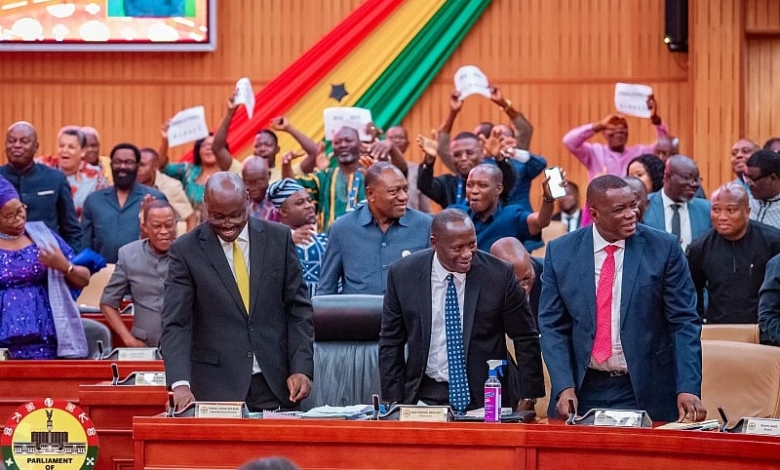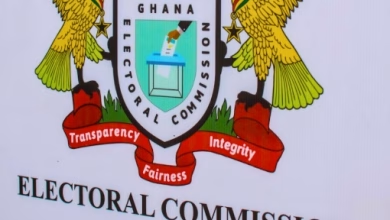Minority Accuses NPP of Attempting to Offload $2bn Energy Sector Debt on NDC

- Energy sector debt surpasses $2 billion due to mismanagement
- GH¢1.8 billion owed for power consumed by MDAs since August 2023
- ECG fails to follow Cash Waterfall Mechanism
- Minority alleges Akufo-Addo administration intentionally neglecting energy sector
The Minority in Parliament has sounded an alarm over the alarming debt accrued by Ghana’s energy sector, estimated to exceed $2 billion. According to the caucus, this staggering figure is a direct result of the government’s mismanagement of funds collected under the Energy Sector Levy Act (ESLA).
John Jinapor, Ranking Member on Parliament’s Energy Committee, addressed the media, highlighting the grave concerns surrounding the energy sector’s financial woes. He accused President Nana Addo Dankwa Akufo-Addo’s administration of deliberately neglecting the sector, intending to leave a collapsed energy sector for John Dramani Mahama’s future government.
Jinapor pointed to the Public Utilities Regulatory Commission’s (PURC) statement, revealing that the Electricity Company of Ghana (ECG) has failed to adhere to the Cash Waterfall Mechanism. This mechanism ensures revenue distribution throughout the energy sector value chain.
Furthermore, Jinapor disclosed that the Ministry of Finance has not paid for GH¢1.8 billion worth of power consumed by Ministries, Departments, and Agencies (MDAs) since August 2023. This staggering debt has severely impacted the power sector.
The Minority’s estimates suggest that the energy sector debt alone has reached approximately $2 billion. Jinapor attributed this to the misapplication of energy sector levy revenues and energy sector recovery levies.
Jinapor emphasized that the Akufo-Addo administration is intentionally allowing the energy sector to deteriorate, burdening President Mahama with a monumental task when he assumes office.
“A lot of work awaits President Mahama when he assumes office. The energy sector debt alone, based on our rough estimate, is around $2 billion as we speak,” Jinapor stated.
The Minority is calling for a comprehensive audit of the energy sector to assess the full extent of its debt and identify areas of mismanagement.
Jinapor warned that the current administration’s actions would have long-lasting consequences, affecting the country’s economic stability and energy security.
The Minority’s concerns highlight the urgent need for transparency and accountability in managing Ghana’s energy sector finances to prevent further deterioration and ensure a sustainable energy future.






